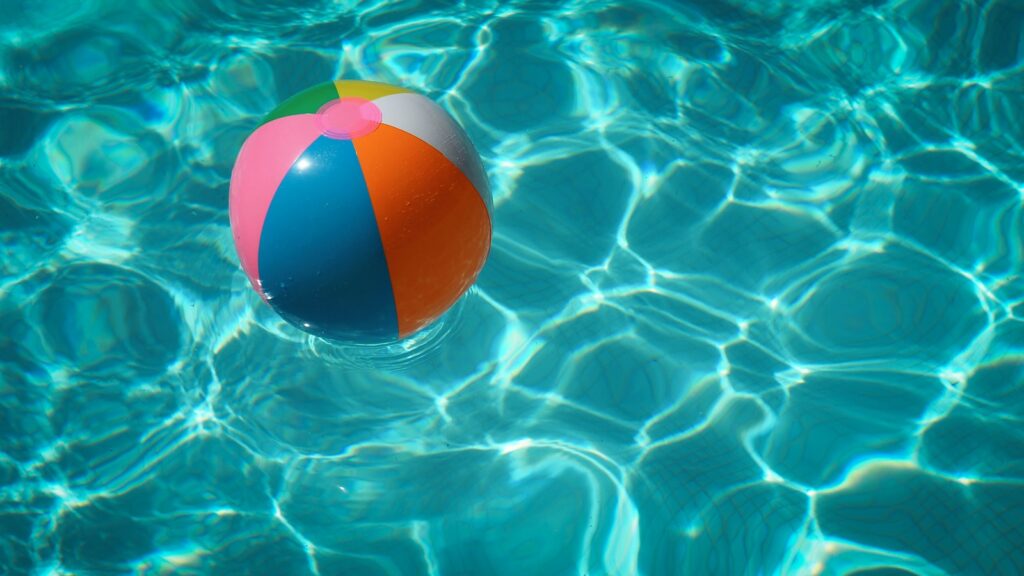Summer Safety Tips

The sun is slowly peeping out from the clouds, meaning summer is coming. Bring on the outdoor activities! But with the sun starting to raise the temperature, there comes a few safety risks that can be easily addressed.
Here are some tips on how to keep you and your family safe in the summer heat:
- Stay hydrated: Your kids must drink plenty of water during the summer, especially when they spend more time outside. Fill up a water bottle to keep with them outside so they can have easy access!
- Wear sunscreen: Make sure to protect your kids’ skin by applying sunscreen regularly anytime they go outside. Yes, even when it’s cloudy! According to John Hopkins Medicine, you should reapply sunscreen every two hours. Another idea is to encourage your kids to wear a hat and sunglasses for additional sun protection. Your kids (and their dermatologists) will thank you later!
- Never leave a child alone in a vehicle: You should never leave a child inside a vehicle alone, not even for a minute. This is always the case, but especially as temperatures rise. In the summer, temperatures in a car become exponentially higher than outside, increasing the risk of heat stroke. Taking your child with you when you leave the car is critically important!
- Dress lightly: Dress your child in loose, lightweight, and lightly colored clothing. The Huntsman Cancer Institute states, “Darker colors absorb more UV than lighter colors like whites and pastels. This means the UV rays are less likely to reach your skin.”
- Keep your eyes on the water: Keep a watchful eye on your child whenever they are in the water. This may seem obvious, but Safe Kids Worldwide says drowning is the third leading cause of death for children. So, find a comfortable spot to sit and observe how your child is doing in the water.
